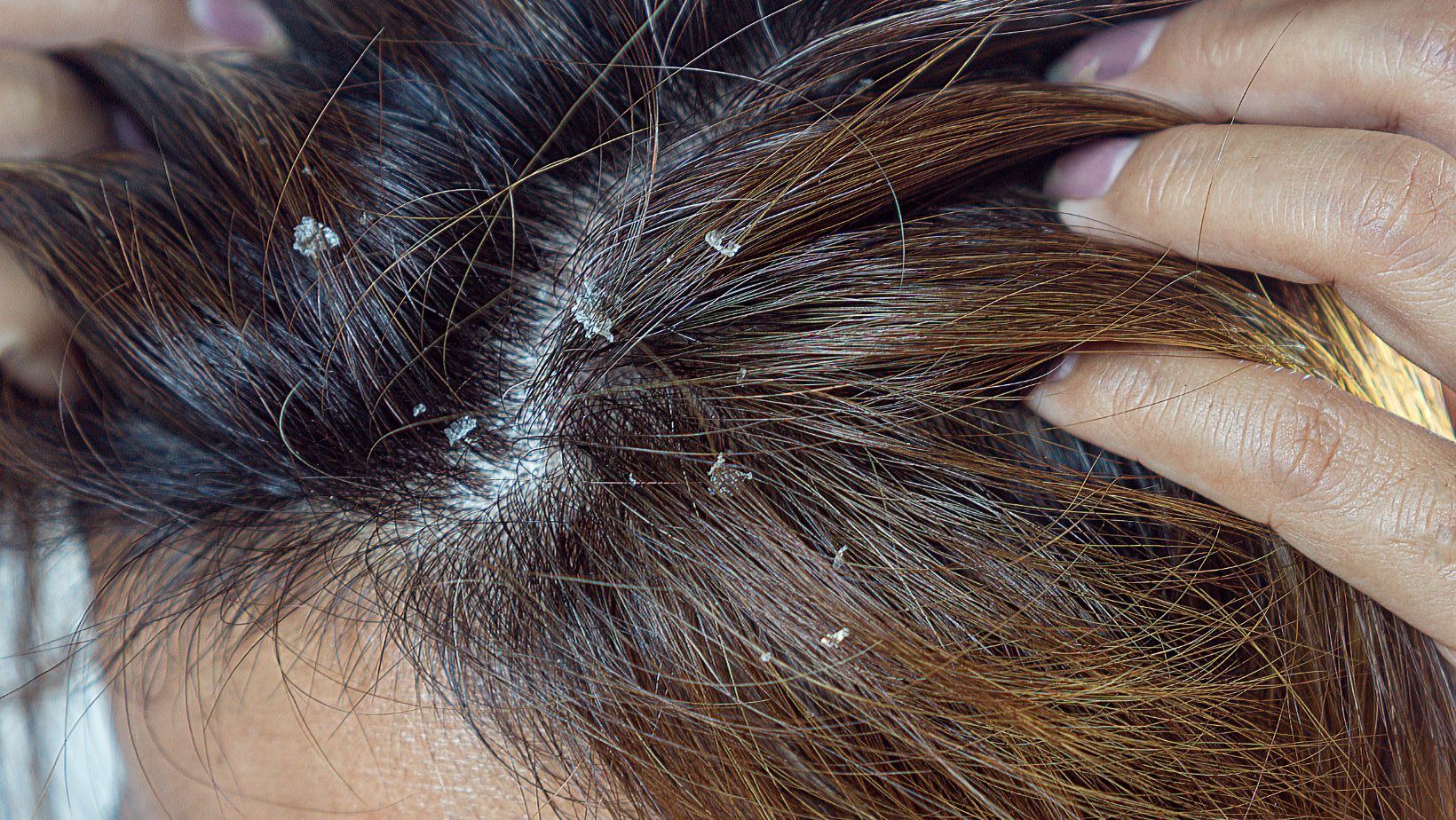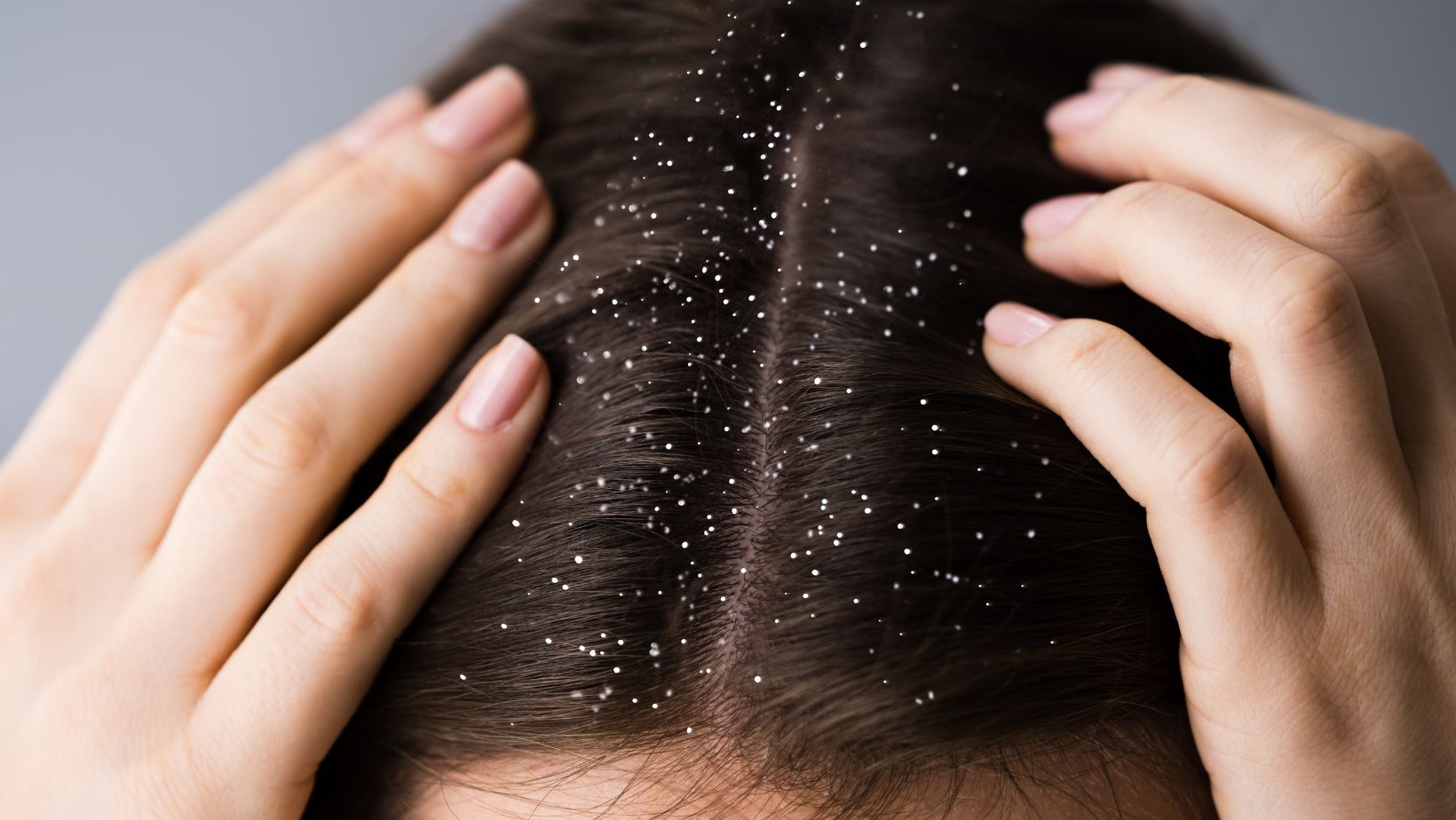Dandruff on Natural Hair: How to Banish Flakes for Good

Dealing with dandruff can be a frustrating experience, and when it comes to natural hair, the struggle may feel even more daunting. The unique texture and structure of natural hair often require special care and attention. So, what exactly causes dandruff on natural hair? And more importantly, how can we effectively manage and treat it?
Dandruff on natural hair is typically caused by an overgrowth of yeast called Malassezia. This yeast feeds on the oils produced by our scalp, resulting in irritation, flakiness, and itchiness. Factors such as dryness, product buildup, hormonal changes, or even stress can exacerbate the condition.
Fortunately, there are several strategies you can employ to combat dandruff on natural hair. First and foremost, maintaining a regular cleansing routine is crucial. Using a gentle shampoo specifically formulated for dandruff-prone scalps can help eliminate excess oil and remove any buildup that may contribute to the issue.
Dandruff On Natural Hair
Causes of Dandruff on Natural Hair
When it comes to dealing with dandruff on natural hair, understanding the root causes is crucial. Here are a few factors that can contribute to this pesky problem:
- Dry Scalp: One common cause of dandruff is a dry scalp. Natural hair tends to be more prone to dryness due to its unique texture and structure. This leads to flaking and itching, resulting in dandruff.
- Seborrheic Dermatitis: Another culprit behind dandruff on natural hair is seborrheic dermatitis, a condition characterized by an overgrowth of yeast on the scalp. This excessive yeast production causes irritation and inflammation, leading to the formation of unsightly flakes.
- Product Buildup: Using an abundance of styling products or not properly cleansing your natural hair can lead to product buildup on the scalp. This buildup can clog pores and disrupt the natural balance, making it easier for dandruff-causing bacteria and fungi to thrive.
Common Symptoms to Look Out For
Identifying the symptoms associated with dandruff on natural hair is essential for timely intervention and effective management. Keep an eye out for these telltale signs:
- Flaky Scalp: The most obvious indication of dandruff is the presence of white or yellowish flakes scattered throughout your natural hair or visible when you scratch your scalp.
- Itching and Irritation: Dandruff often goes hand in hand with itchiness and scalp irritation. If you find yourself constantly scratching your head, it may be a sign that you’re dealing with this issue.
- Redness or Inflammation: In some cases, dandruff can cause redness or inflammation on the scalp, especially if seborrheic dermatitis is involved.
- Oily or Dry Scalp: Dandruff can manifest differently depending on your scalp condition. While some individuals experience a dry scalp with flaking, others may have an oily scalp accompanied by greasy dandruff flakes.

Natural Remedies to Combat Dandruff
Thankfully, there are several natural remedies you can try to combat dandruff on your natural hair. Here are a few options worth exploring:
- Tea Tree Oil: Known for its anti-fungal and anti-inflammatory properties, tea tree oil can help alleviate dandruff symptoms. Mix a few drops with carrier oil like coconut or jojoba oil, then massage it onto your scalp before washing your hair.
- Aloe Vera Gel: Aloe vera has soothing and moisturizing properties that can provide relief from itching and reduce inflammation caused by dandruff. Apply fresh aloe vera gel directly to your scalp or look for hair products containing this ingredient.
- Apple Cider Vinegar Rinse: Diluted apple cider vinegar acts as a natural clarifying agent that helps remove product buildup and restore the pH balance of your scalp. Mix equal parts of apple cider vinegar and water, apply it to your hair after shampooing, then rinse thoroughly.
Remember, everyone’s experience with dandruff on natural hair may vary, so it’s essential to find what works best for you through trial and error. If these home remedies don’t bring desired results or if the condition worsens, consult a dermatologist who specializes in treating natural hair concerns.
By arming yourself with knowledge about the causes of dandruff on natural hair, understanding the common symptoms to look out for, and exploring natural remedies, you’ll be better equipped to manage this common issue effectively.
What's Your Reaction?
Deepak is a lover of nature and all things sporty. He loves to spend time outdoors, surrounded by the beauty of the natural world. Whether he's hiking, biking, or camping, Deepak enjoys being active and in touch with nature. He also loves to compete and push himself to his limits. Deepak is an avid cyclist, runner, and swimmer. He has competed in several triathlons and marathons, and is always looking for new challenges to take on.


